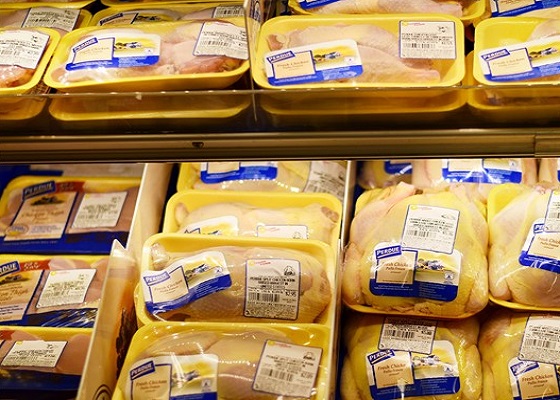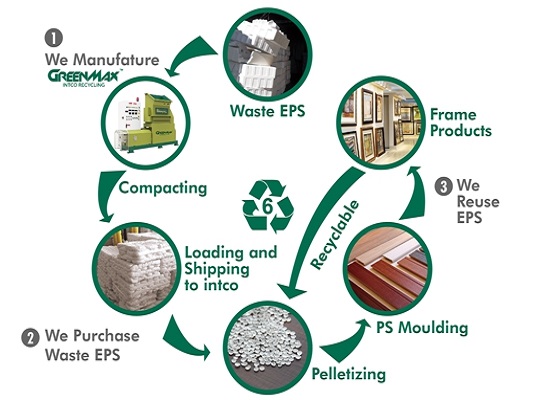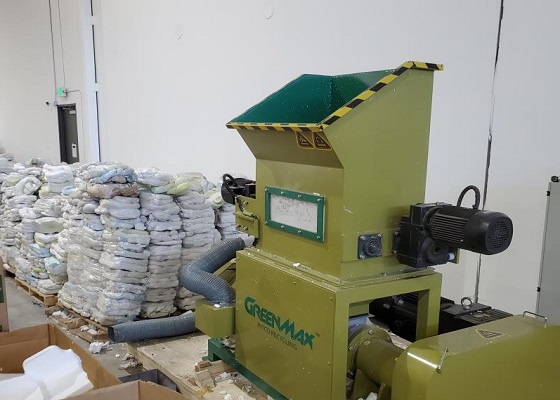Frequently asked questions about EPS recycling in soft plastics
The topic of soft plastics has been widely discussed recently, partly because of the current bad environment, and partly because of the impact of COVID-19. The use of soft plastics has increased significantly. During this special period, people will tend to buy product with soft plastics packaging, such as foods that are packaged in EPS trays, are considered more hygienic.
The increase in the use of soft plastics is already an inevitable situation, so how to recycle soft plastics has become an urgent problem to be solved, especially EPS in soft plastics. In addition to being used as one-time food packaging, EPS also uses it as a shockproof packaging during transportation because of its unique expansion characteristics. In other words, the use of EPS in soft plastics is huge.

Understanding how to recycle EPS is a necessary thing. We have compiled common questions about EPS recycling and hope to help.
Q: Is EPS recyclable?
A: Yes, EPS can be recycled. However, EPS packaging waste as food packaging will have a litter bit difficult to recycle. In the EPS food packaging waste recycling process, it is necessary to add a cleaning link. If it is EPS packaging waste of home appliances, please keep it as clean as possible before throwing it into the roadside recycling bin.
Q: How to recycle EPS?
A: There are two ways for residents to recycle EPS. One is the roadside recycling bin, and the other is the recycling activities of the local community. Choose according to the local recycling policy. If it is a retailer, a logistics company and other companies that have a large amount of EPS packaging waste, you can contact INTCO Recycling. As a well-known recycling expert, INTCO will customize a complete EPS recycling project for the company according to different situations.

Q: What is the recycling process of EPS?
A: The first thing to solve for EPS recycling is the problem of cost. EPS contains 98% air content, which is why it is large but light. If the air in the EPS is not compressed, the transportation and storage of the recycling process will have problems of excessive cost and low efficiency. Therefore, the use of EPS densifier with a compression ratio of 90:1 is an important step in EPS recycling.

EPS densifier has a built-in rotary cutter and hot melt screw. The EPS packaging waste put into the hopper mouth of the machine will eventually become a tight and hard EPS ingot. Then through efficient transportation to the major terminal manufacturers, it becomes the raw material of products such as photo frames, baseboards, wood-like materials, etc. Now, EPS recycling is over.
EPS recycling is not complicated. We used EPS products, also need to be responsible for EPS waste, isn't it?
